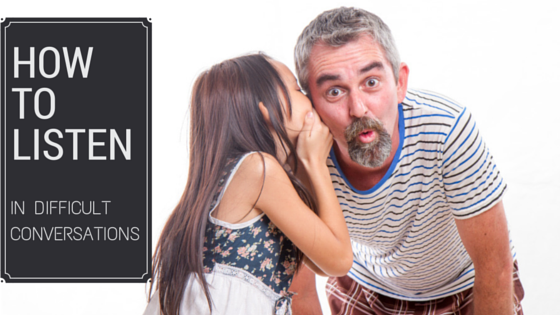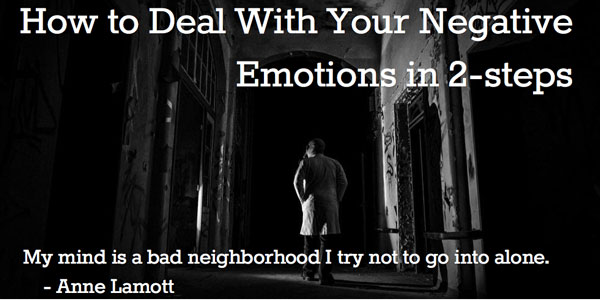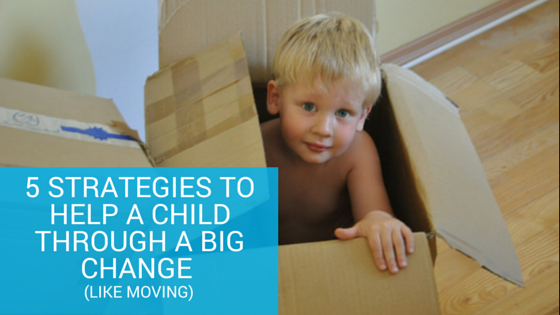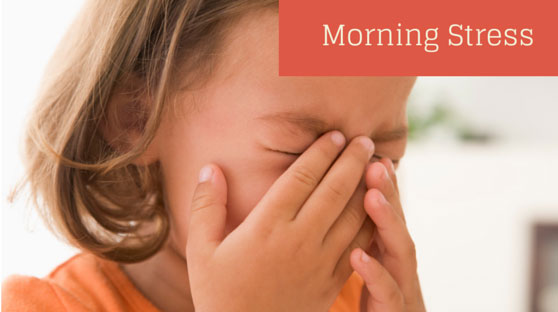Sometimes our children zero in on our deepest fears or concerns. Their words or behaviors or choices touch a very vulnerable part of us.
Sometimes just the fact that our kids are growing up and bit by bit entering into the world can cause a parent to break out into a cold sweat.
How can we as parents take care of ourselves to really be present for our kids? If we get caught up in our own feelings, we might miss what our kids are saying.
We got an email recently from a dad who was struggling with being present with his daughter—understandably—during a series of very emotional conversations.
Hello Cecilia and Jason,
My just turned six-year-old daughter has been expressing an intense fear of death. It started about three weeks ago when she randomly exclaimed, “I think I'm done with this life.” Trying to remain calm, my wife asked what she meant by that.
Then yesterday she said, “I think I'm going to die” again. I asked her why she said that, again she said never mind. I told her I would like to understand when she's ready to talk about it, and before I finished my sentence she started crying and telling me that mommy talked about people dying and about a kid dying.
I held her and comforted her, then launched into my views on death, which probably didn't help. Looking back I wish I had just stayed and listened, I was just so upset for her and feeling scared myself.
She is mirroring my own fears and I believe that's why we are together in this life, to help each other evolve and grow out of fear and into love where we belong. I would appreciate any support you can offer to help me support my daughter though this journey.
In love and gratitude for all you do to support our evolution as individuals and parents,
James (not his real name)
Dear James,
Thank you for reaching out to us. You have done a lot of wonderful and thoughtful work with your daughter already. We think we have some ideas that may help you further.
- These conversations with your daughter about death are understandably upsetting for you and your wife. You say that your daughter is “mirroring your fears”, so exploring those fears through journaling, meditation, talking to another trusted adult or a therapist—whatever method helps you work through your own feelings—is an important pre-requisite for you. Our own feelings, fears and pain can temporarily deafen us to what our children are trying to express. After you’ve done your own “work” then you can be truly present to your daughter and hear her. If your feelings come up at unexpected times you can consider even taking a 5-minute break in the conversation. You can say, “I really want to talk to you right now, Sara, and I’m going to take care of myself for 5 minutes so that I can be there for you.”
- Be in her world: What we mean by this is… ask questions to see what the world looks like “on her side of the bridge”. Steven Covey, author of 7 Habits of Highly Effective Families says, “Seek first to understand… then to be understood.” What is her understanding of death? “I’ve heard you talk about killing your dolls what does ‘killing’ mean?” “What happens when you die?” She may have some very reasonable ideas about death or some magical ones. The purpose of asking good questions is that often, once you understand a child’s perspective, the next step becomes obvious. “Oh, you heard about people being killed in another country when I was listening to the news on the radio and you understood that it was something that happened to ‘bad people’ and so when your doll misbehaves you are pretending to kill her. Ah, that makes sense to me now.” In this case the “next step” would be to help her understand, in an age appropriate way, what she heard on the radio and why she may or may not want to act that out with her doll.
- Is your daughter’s talking about death/killing a “uniquely coded message”? Often children’s ability to express themselves is inadequate to really convey what they desire to communicate. (Even us “mature adults” can struggle with the limits of verbal language.) Often our job as parents is to interpret what our children are trying to say. Here’s a blog post about how to decipher the “uniquely coded messages” of children.
- After you think you’ve really “gotten” your child and addressed her concerns then feel free to use this tender conversation as a time to share your personal views and family values. It is in this vulnerable space that some of our most wonderful and transformative conversations have happened with our kids. Whether we are talking about sex, death, spirituality, or something else, if we are connected with our kids (and they are connected with us) there is a magic that occurs. Dr. Brene Brown talks about these beautiful and vulnerable moments in The Gifts of Imperfect Parenting.
Lastly, James, we loved what you said in your letter so much we want to end with it…
“We are together in this life, to help each other evolve, grow out of fear and into love where we belong.”
Here’s to you this week for creating a family where everyone belongs.
Cecilia and Jason









